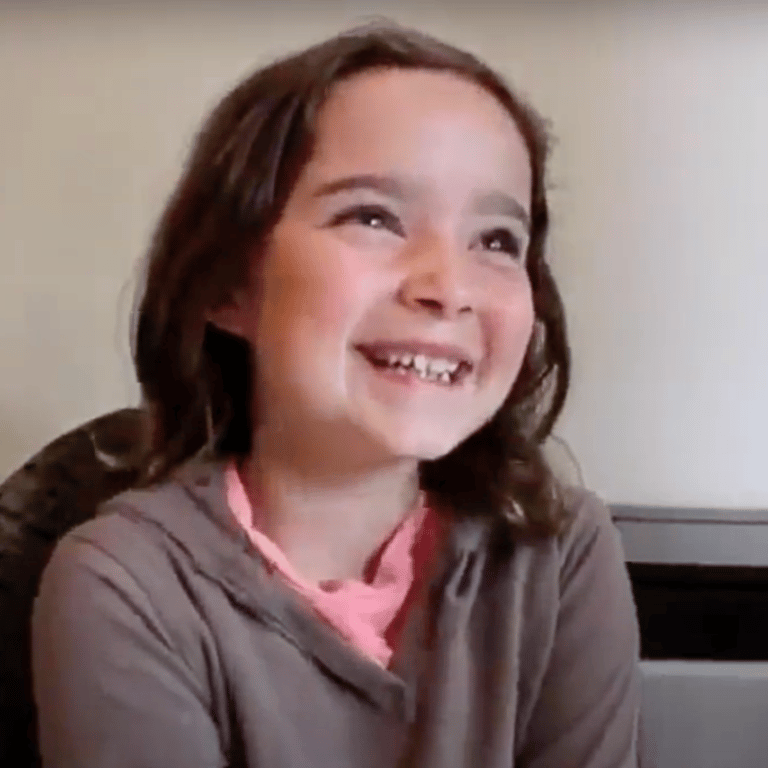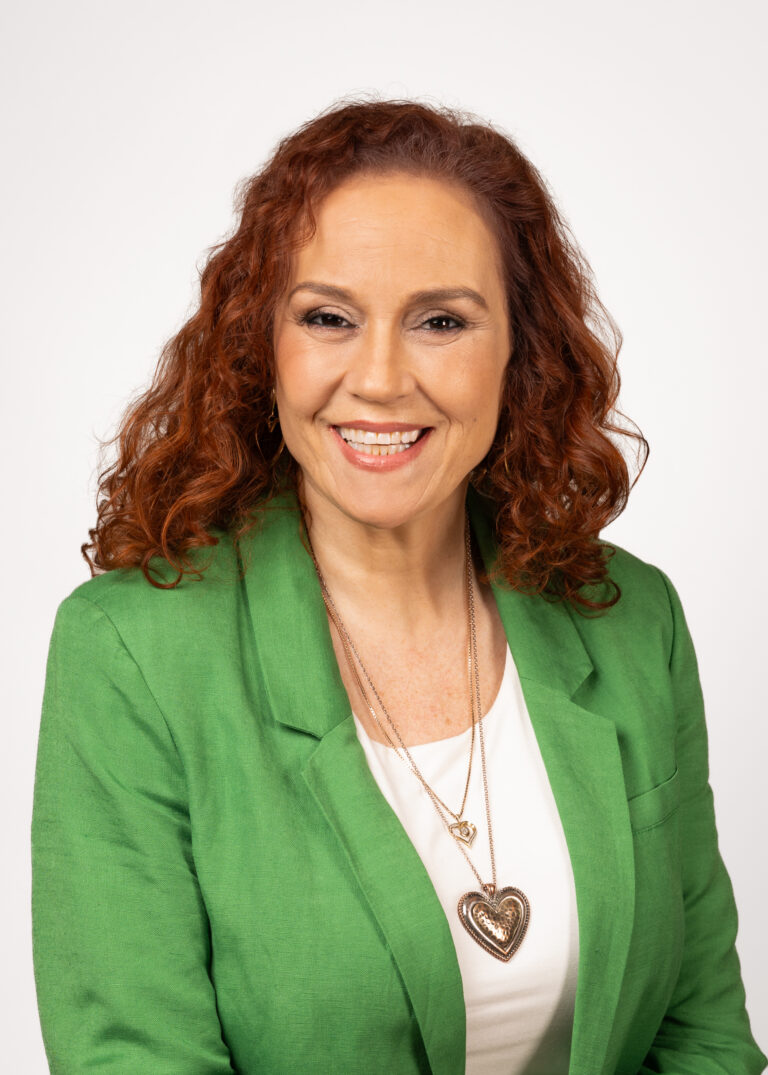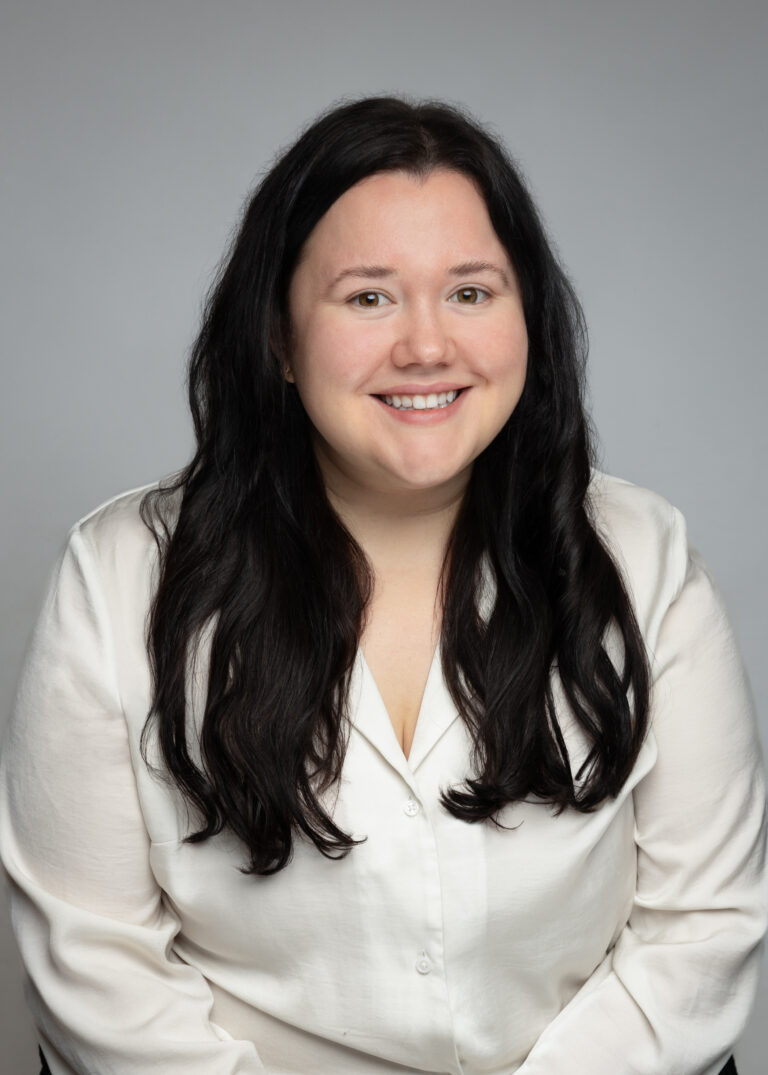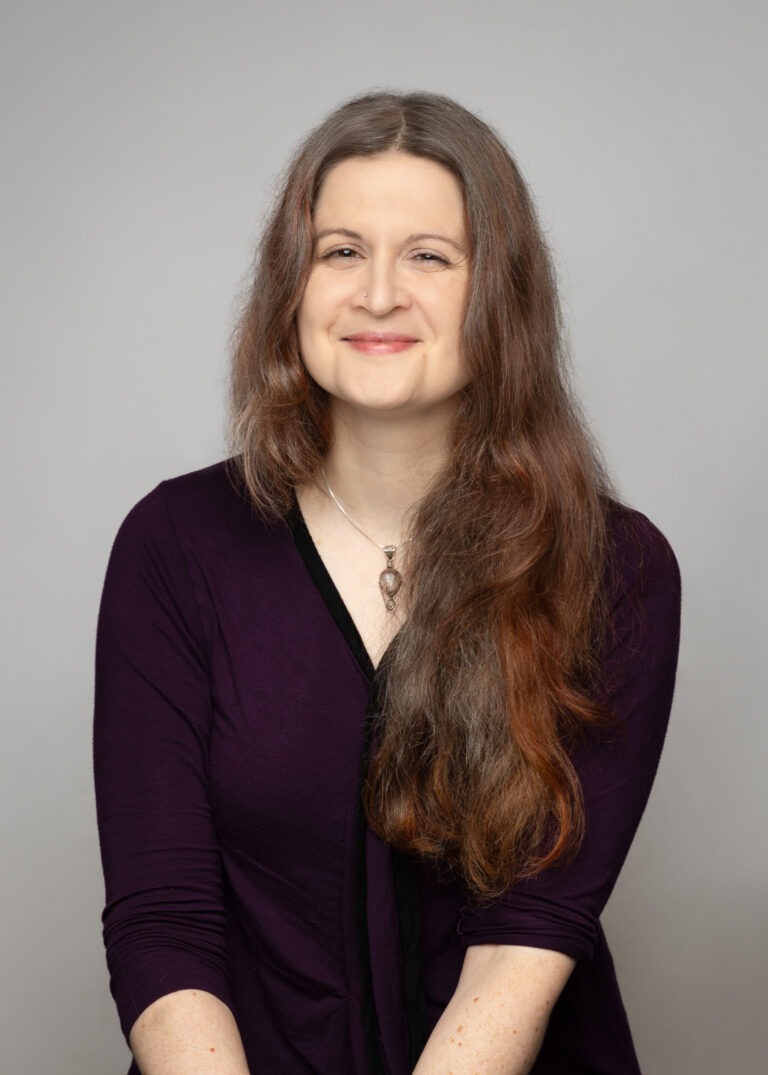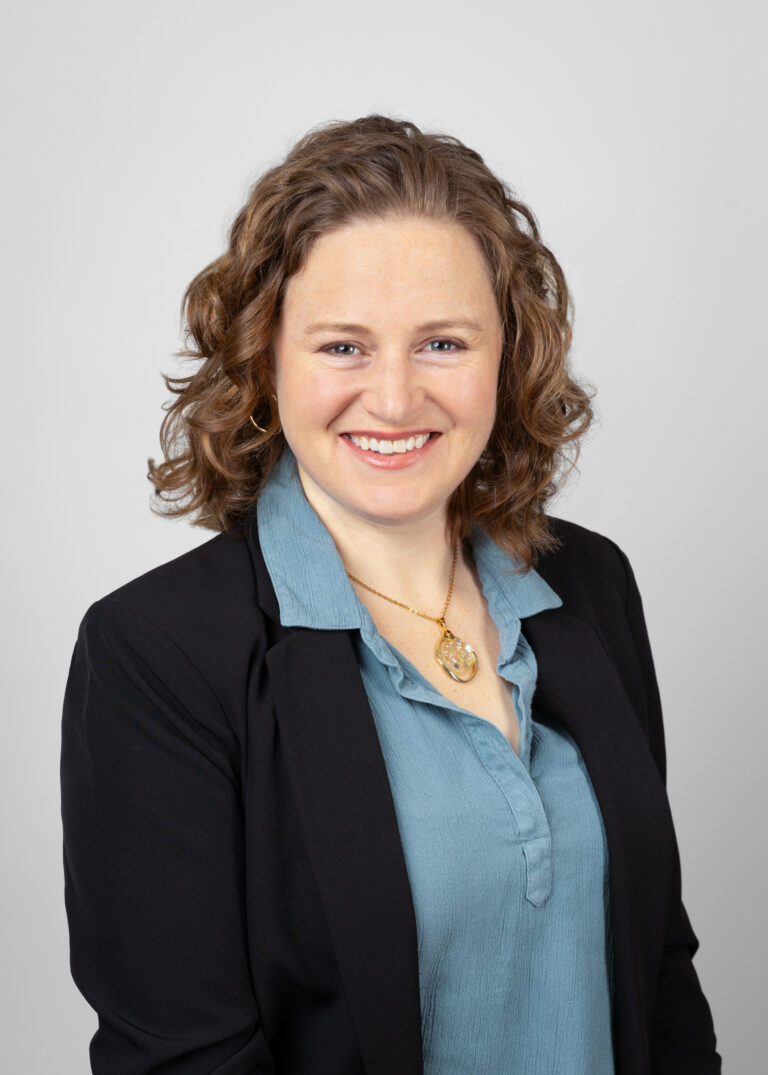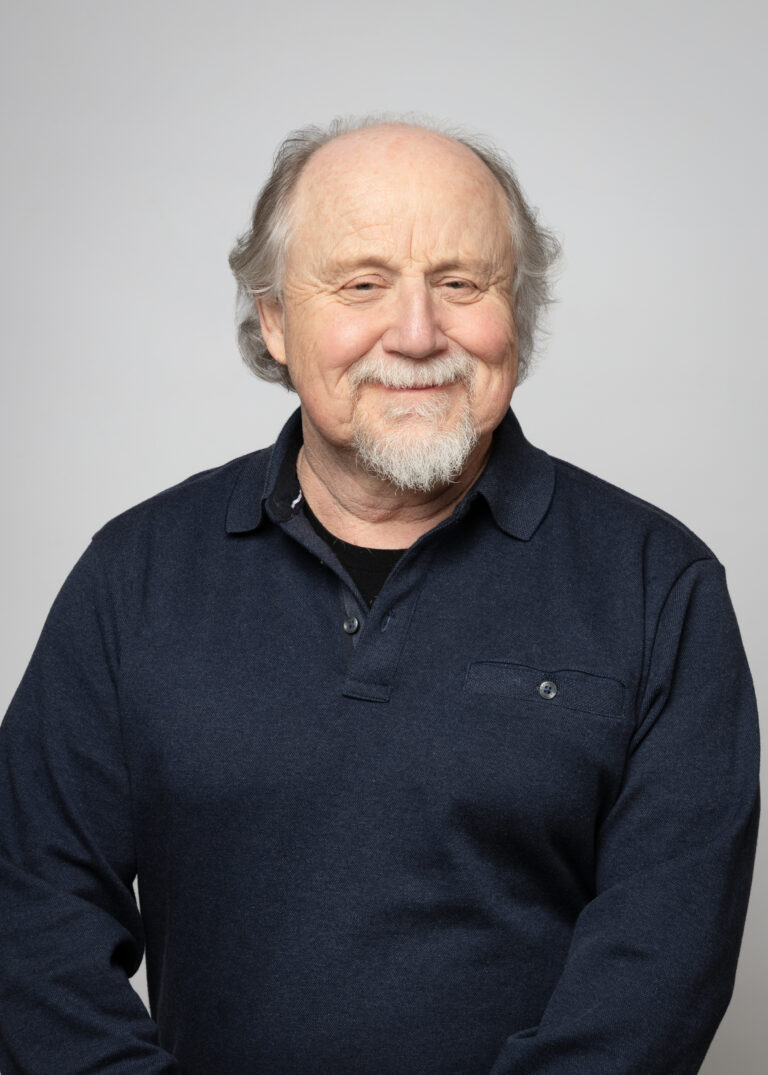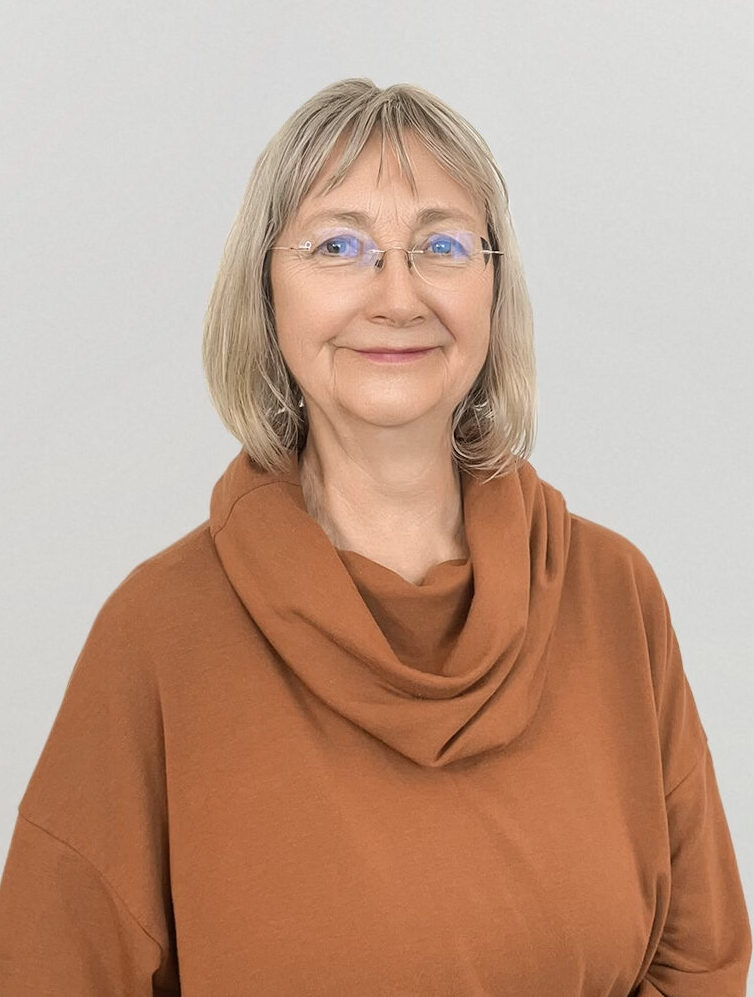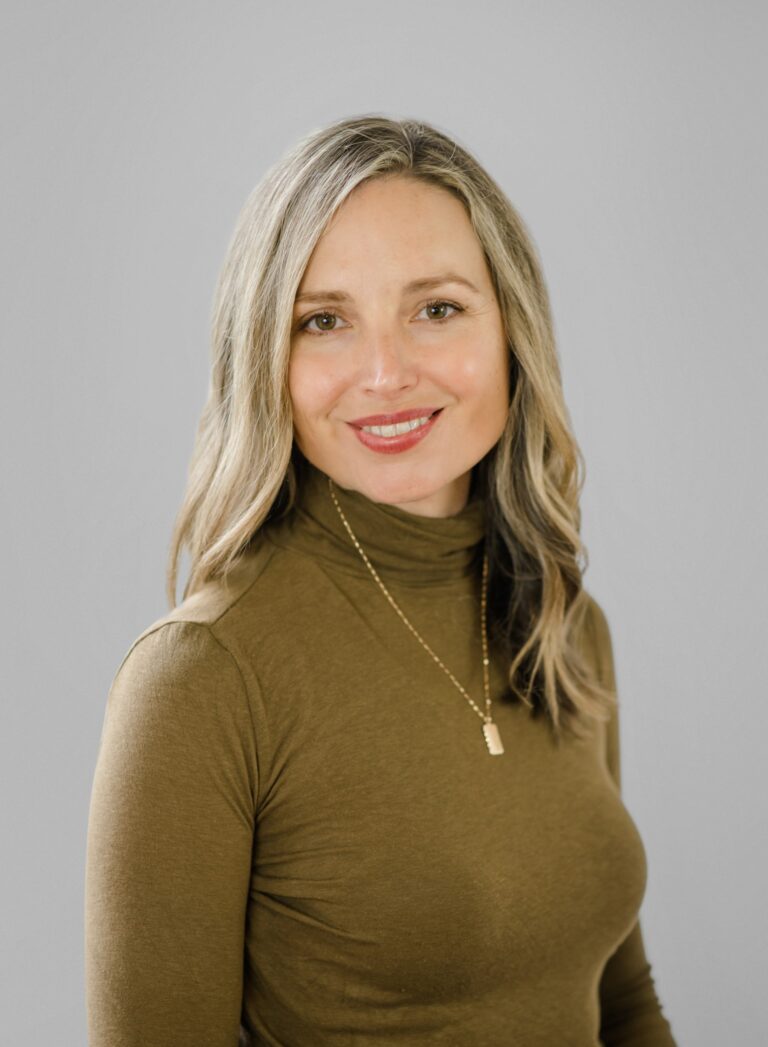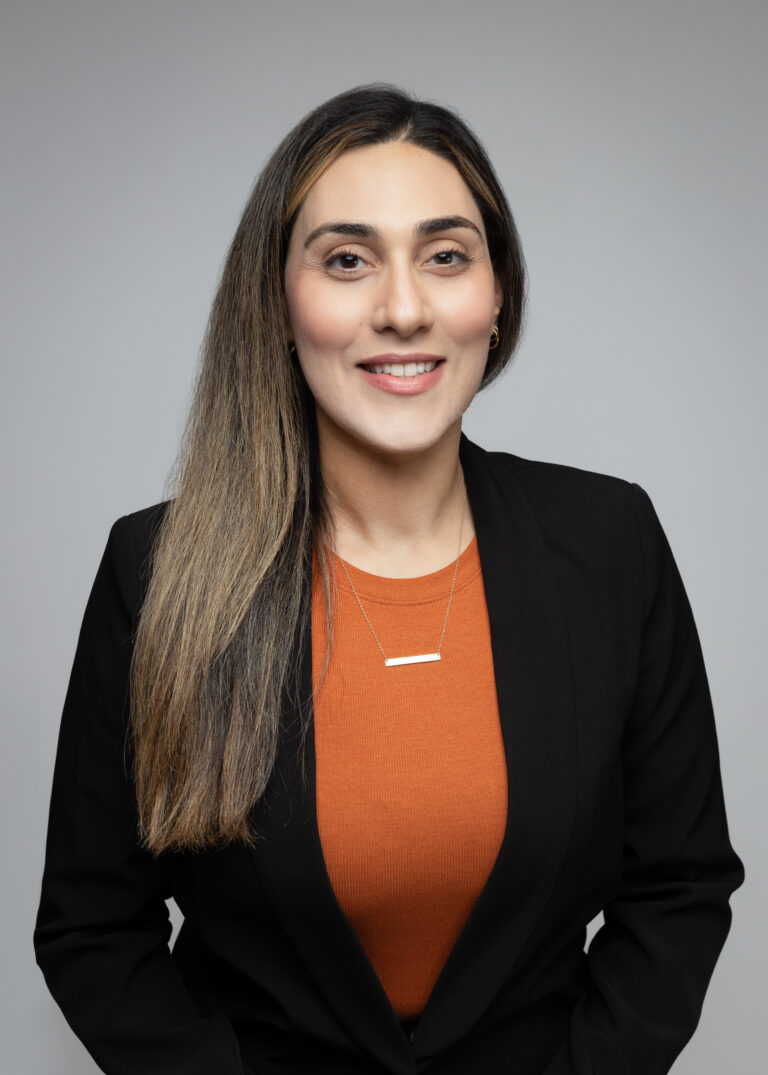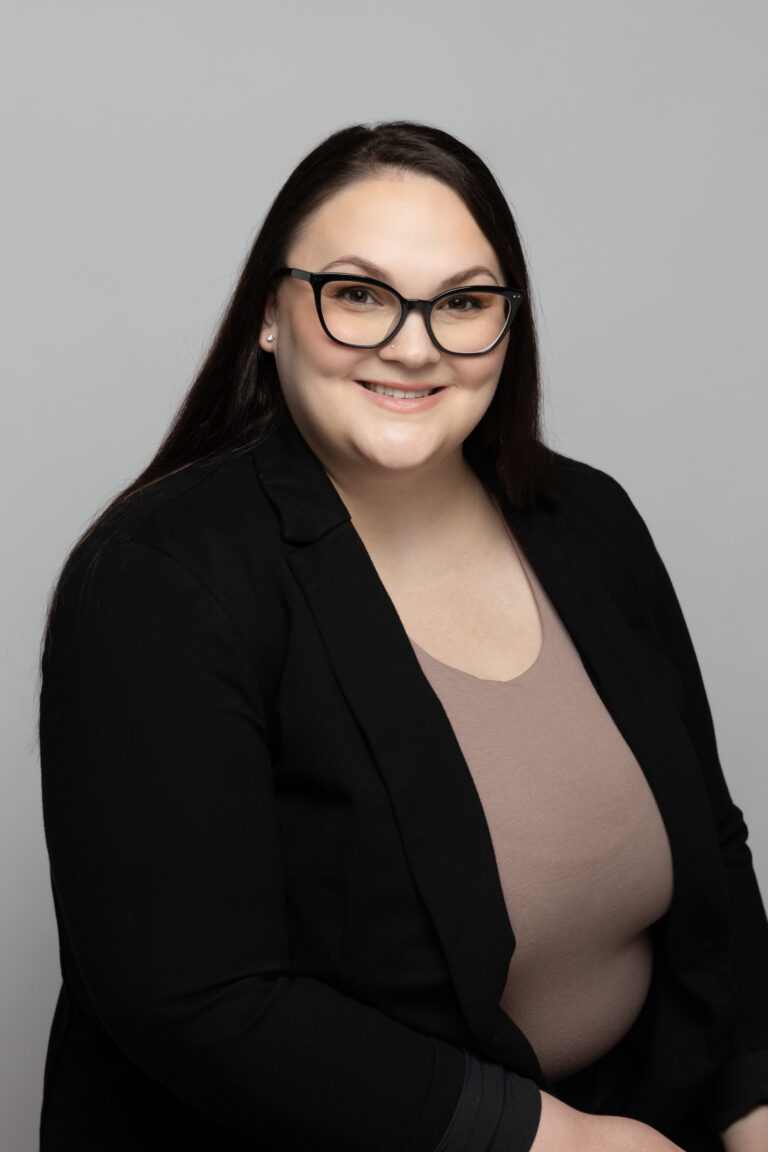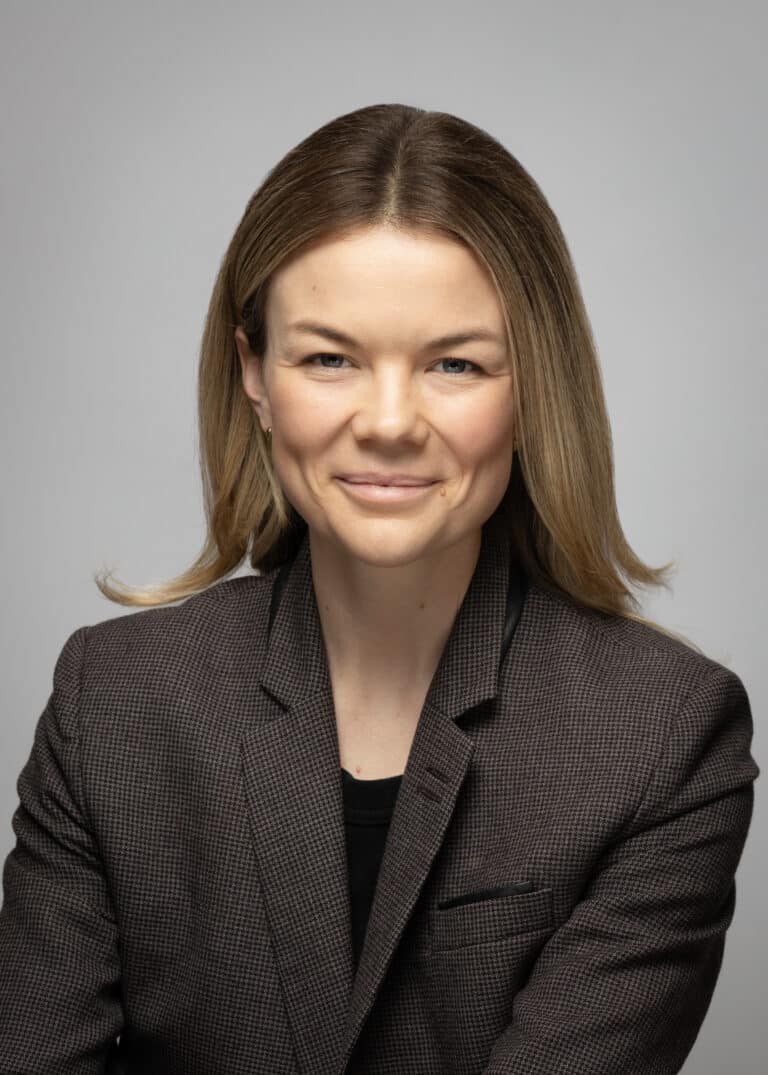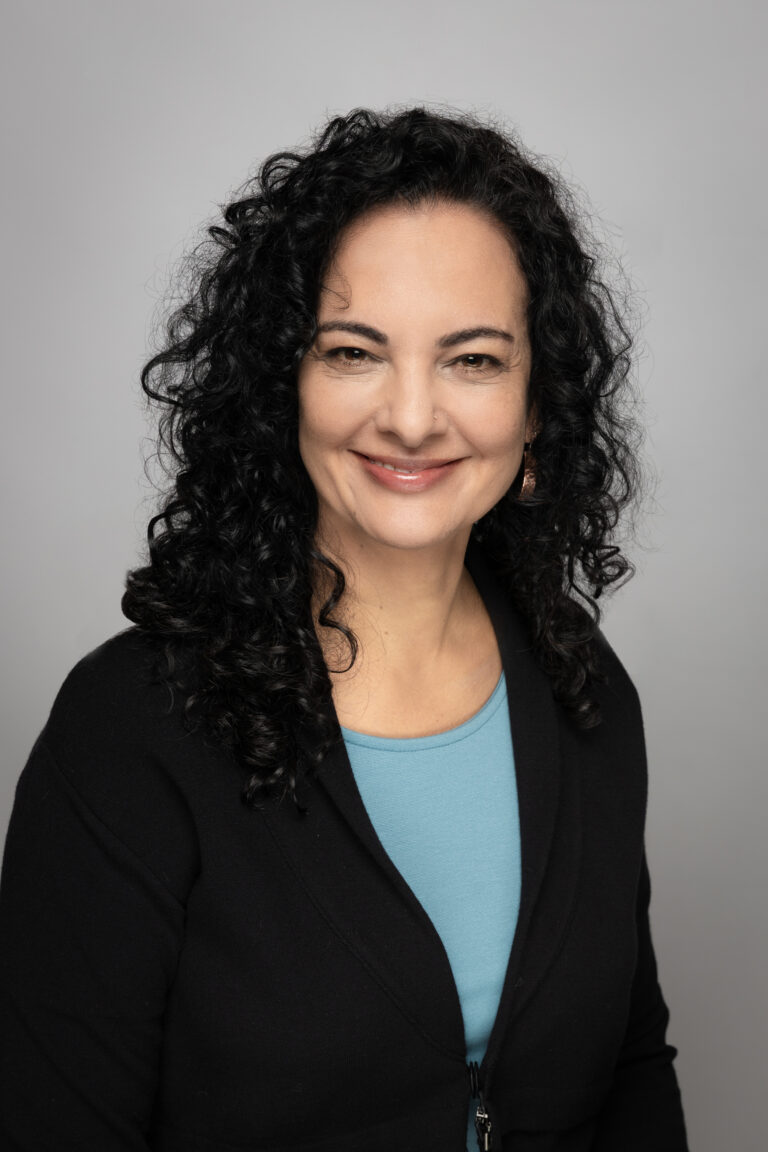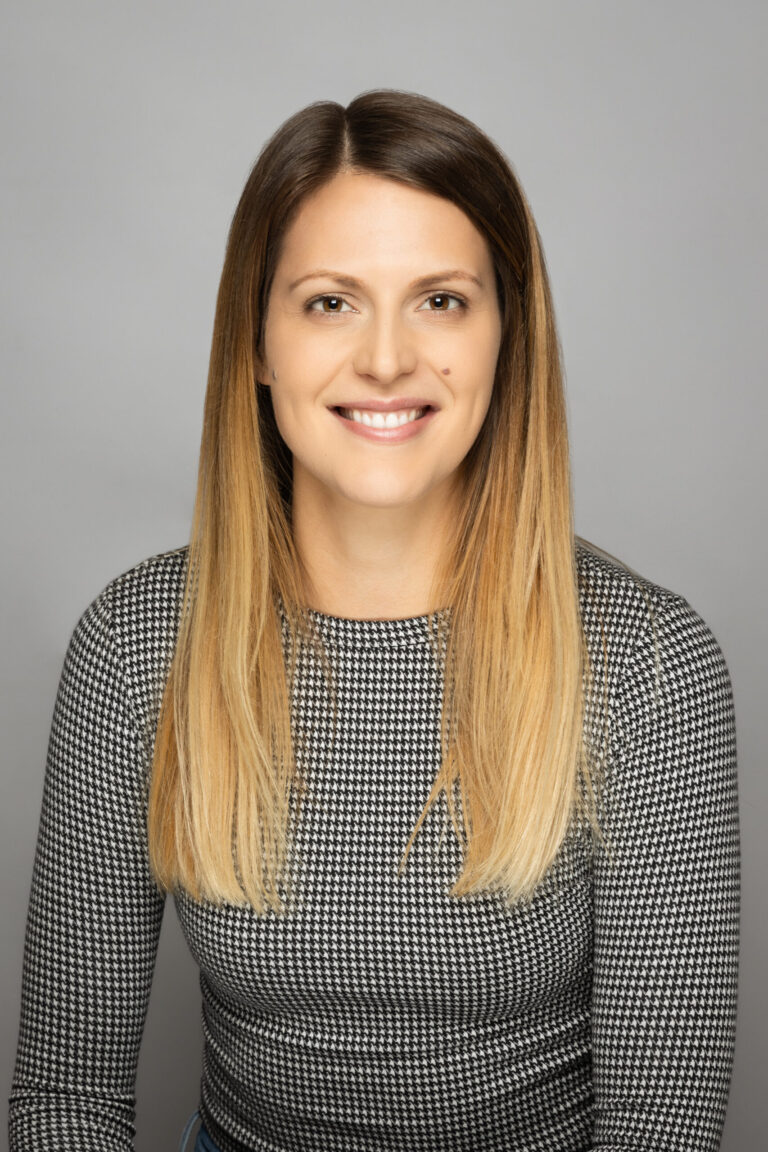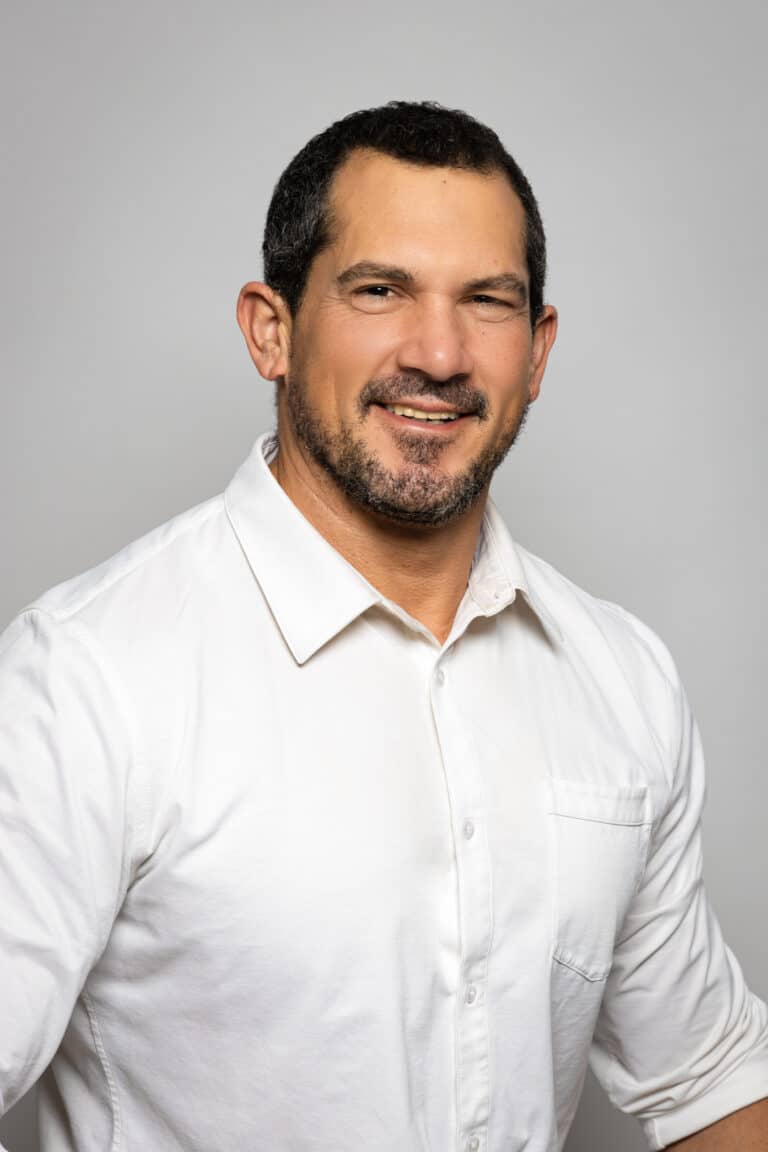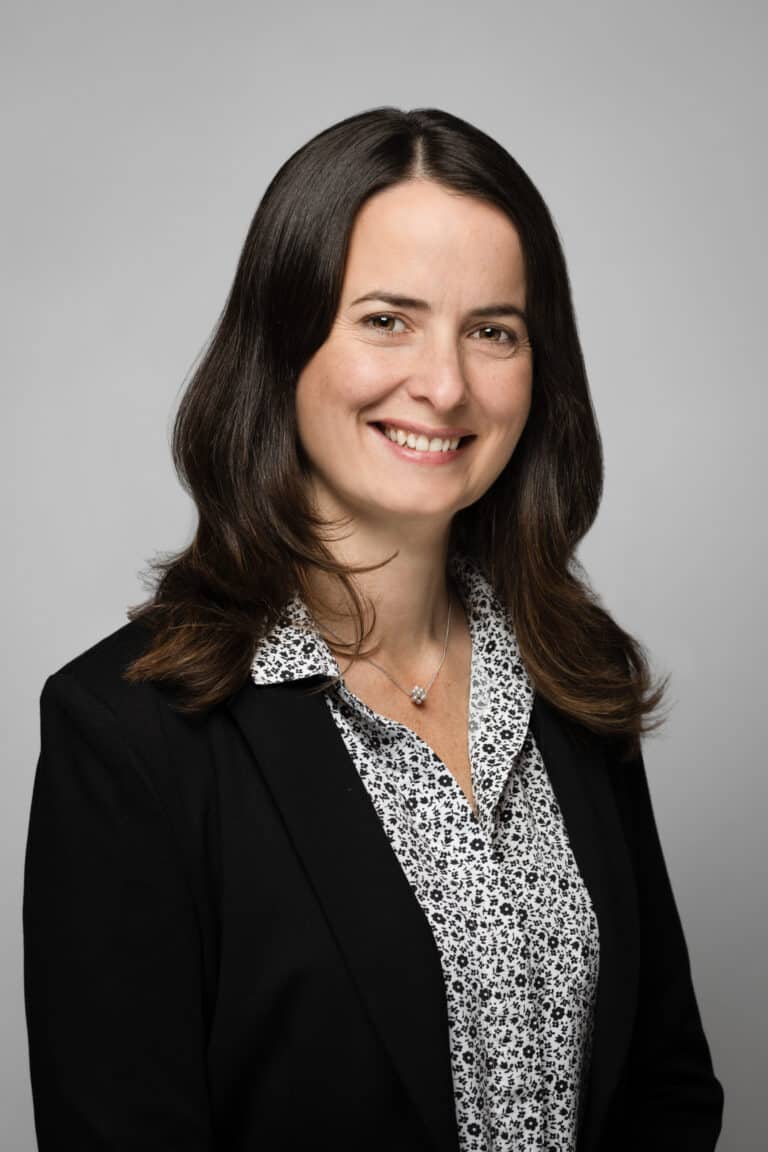Children & Youth counselling in Victoria & Langford b.c.
Counselling Can Help Ensure A Child's Healthy Development
At NeurAlive, we love to walk beside young people as they overcome challenges and build a solid foundation of well-being and emotional security. When difficulties arise in a child’s life, accessing counselling support can be an important choice in ensuring their healthy development and preventing future mental health concerns.
Some amount of moodiness, anxiety, or difficulties at school and in relationships is just a part of growing up. Usually these experiences are temporary, and can even be useful opportunities for learning and building new skills. However, when your child’s well-being worsens over time, or difficulties are appearing in multiple areas of their life, it is likely a sign to seek professional support.
Signs that it’s time to bring your child to therapy include:
- Repeated and excessive worry, anxiety and fear
- Withdrawal from activities and relationships they once enjoyed
- Poor performance at school
- Showing low self-esteem – speaks negatively about themselves
- Engages in self-harm of any kind or talks about suicide
- Expresses a sense of hopelessness
- Engages in negative behaviours repeatedly
- Shows a significant change in appetite or sleep
- Displays bodily compulsions or motor tics such as skin or hair picking
Book a free consultation with our child and youth therapy team, and together we will create a treatment plan to help your child restore their confidence, resiliency and enjoyment of life.
Please note that in order for a child to participate in counselling at NeurAlive, we require consent by all of the child’s legal guardians.


Our Clients Benefit From Working With A Therapist They Can Trust
Confidential and Non-Judgemental
Children and youth benefit from counselling with therapists who have specialized training in the ‘language’ of young people. For younger children, therapy done through – or in the context of – play or art is optimal, as this is their natural language of communication and their primary form of interpreting the world and their place within it. At NeurAlive, in order to facilitate this process we have a fully equipped play/art therapy room in both centres, including a private observation room useful for guiding parents in supportive and healthy interactions with their children.
Our adolescent clients benefit from working with a therapist they can trust, who will seek to understand their unique perspective and offer a confidential and non-judgemental space to communicate freely about their experiences. Oftentimes, youth “think better when doing together.” Engaging in an activity together, such as through expressive arts, taking a walk or even drinking a cup of hot chocolate, can help the words flow more easily and advance the insights and healing in therapy.
NeurAlive counsellors always customize their counselling sessions to the unique needs of the child or youth and their family, while working closely with parents – where appropriate – to co-create a treatment plan.
The majority of our child and youth clients will supplement their counselling sessions with neurofeedback brain-training. This is an excellent tool for calming the nervous system, providing relief from anxiety, improving self-regulation, stabilizing behaviour, and increasing mental clarity and focus. Our younger clients also really enjoy the process.
Note: Confidentiality varies depending on the age and development of the child and can change as the therapeutic relationship evolves. You and your child’s counsellor will review this in session.
Frequently Asked Questions
FAQ
Are There Any Risks To Children Receiving Counselling?
We use child-centred approaches at NeurAlive, so that we always have the best interests of the child in mind when offering therapy. We never force or push a child into a process that would be harmful or unproductive, and we always move at a pace that is right for the child. Usually coming to therapy is a fun experience, however, there are some risks. Feeling one’s feelings or making changes in one’s life can be uncomfortable. Much like one might experience when starting a new exercise routine or diet, sometimes things may feel a little worse before they get better. We are happy to speak to you about the risks and benefits of counselling during a free consultation.
What If My Child Doesn’t Want To Go To Counselling?
It is a necessary prerequisite of counselling for the child or youth to be willing to attend. We do our best to engage with the child in a way that is enjoyable and makes them feel safe. We offer meet and greets for youth and in some cases children, and work with parents to help young children feel safe in the playroom. Ultimately, however, we do need the child or youth’s complete consent for therapy to be successful. If we are unable to see your child or youth directly, we will offer counselling to you as guardians or parents, to better support your children directly.
What Kinds Of Therapy Are Offered To Children And Youth At NeurAlive?
Children are marvelously wired to process their difficulties through play – their natural medium of expression. We primarily use non-directive play therapy to help young children naturally process and overcome their grief, worries, and challenges. Meeting our youngest clients in their playful universe, we act as allies, providing safety for their healing and growth – as well as gentle and digestible guidance for new ways of thinking and behaving.
Appropriate for all ages, sand tray therapy provides a tactile, hands-on approach to exploring emotions, needs and goals. During sand tray time, youth construct a microcosm using miniature toys and sand. The scene created acts as a reflection of the person’s own life and allows for conversation and insight to unfold.
Artistic expression including painting, collage, and clay provide opportunities to symbolically represent one’s inner world, leading to insights that help resolve conflict and encourage positive thinking
Mindfulness-based cognitive therapy (MBCT) involves a combination of cognitive therapy (reviewing and replacing maladaptive thought patterns), meditation, and the cultivation of a present-oriented, non-judgmental attitude called “mindfulness”. I teach youth simple yet effective mindfulness tools to help them overcome their fears, gain greater awareness and control of their emotional responses and make more thoughtful choices in their day-to-day lives.
How Can Child And Youth Counselling Help My Child?
Child and youth counselling can provide invaluable support and assistance to your child in various ways. A skilled counsellor trained in working with young individuals creates a safe and nurturing environment where your child can express their thoughts, emotions, and concerns freely. Through active listening and empathy, the counsellor helps your child explore their feelings and develop a deeper understanding of themselves. Counselling equips children with coping strategies to manage stress, anxiety, or other emotional challenges they may face. It can also help children develop essential social skills, improve communication, and build self-esteem. Addressing issues early on through counselling can prevent them from escalating and positively impact your child’s overall emotional well-being and development, fostering resilience and a healthier outlook on life.
What Should We Expect In A Counselling Session For Kids?
In a counselling session for kids, you can expect a child-friendly and welcoming environment that aims to make your child feel comfortable and at ease. The counsellor will use age-appropriate language and therapeutic techniques to engage with your child effectively. Initially, the counsellor may spend time building rapport and establishing trust through play, creative activities, or casual conversation. As the session progresses, the counsellor will gently guide your child to express their thoughts and feelings, using various mediums such as drawing, storytelling, or games. The focus will be on helping your child explore their emotions, develop coping skills, and work through any challenges they may be facing. Parents or caregivers may also be involved in some sessions, depending on the child’s needs and the therapeutic approach. The overall goal of child counselling is to provide a supportive space where your child can express themselves, gain insights, and develop the tools necessary for emotional growth and well-being.
How Do I Know If My Child Needs Counselling?
As a parent or caregiver, there are several signs that may indicate that your child could benefit from counselling. Look out for significant changes in their behaviour, mood, or academic performance. If your child becomes unusually withdrawn, anxious, or exhibits sudden mood swings, it may be a sign of underlying emotional distress. Persistent and unexplained physical complaints, such as headaches or stomach aches, could also be indicators of emotional struggles. Behavioural issues like aggressive outbursts, difficulty concentrating, or social withdrawal may suggest that your child is grappling with emotional challenges they may not know how to cope with. Additionally, if your child has experienced a traumatic event, loss, or major life change, seeking professional support through counselling can be beneficial in helping them process and navigate through these difficult experiences. If you have concerns about your child’s well-being and are unsure if they need counselling, it’s always a good idea to consult with a mental health professional who can assess their needs and provide guidance.
Is My Child's Information Kept Confidential During Counselling?
Yes, your child’s information is typically kept confidential during counselling. Like with any form of counselling, confidentiality is a fundamental ethical principle in working with children and adolescents. The counsellor is bound to maintain the privacy of your child’s information and is not allowed to share any details discussed in sessions with anyone outside of the therapeutic relationship. However, there are exceptions to confidentiality. Counsellors are mandated reporters, meaning they are required by law to report any suspected child abuse or neglect. Additionally, if your child expresses thoughts of harm to themselves or others, the counsellor may need to take appropriate measures to ensure their safety. The counsellor will explain their confidentiality policy to you and your child at the beginning of therapy, ensuring that you have a clear understanding of the limits of confidentiality and any situations in which information may need to be shared. Rest assured that the primary goal of confidentiality is to create a safe and secure environment for your child to express themselves and work through their concerns in counselling.
What Qualifications And Experience Do Your Counsellors Have In Working With Children And Adolescents?
Our counsellors who work with children and adolescents have specialised qualifications and experience in this field. They hold a minimum of a master’s degree in counselling, psychology, social work, or a related discipline. Additionally, they receive specialised training and certifications in child and adolescent counselling. These counsellors possess a deep understanding of child development, age-appropriate therapeutic techniques, and the unique challenges and issues faced by young individuals. They are skilled in creating a safe and engaging environment for children and adolescents to express themselves and work through their concerns. Moreover, experienced counsellors in this area have worked with a diverse range of young clients and have honed their ability to connect with and support children and teenagers effectively. When seeking a counsellor for your child or adolescent, inquire about their qualifications, credentials, and experience in working with young individuals to ensure they are well-suited to address your child’s specific needs and provide the best possible support.
Will I Be Involved In My Child's Counselling Sessions?
In most cases, yes, you can be involved in your child’s counselling sessions, especially if your child is a minor. Many child and adolescent counsellors encourage parental involvement to support the therapeutic process. As a parent or guardian, your insights and perspectives are valuable in understanding your child’s concerns and providing essential background information. Additionally, involving parents in the counselling process can help improve communication and collaboration between the child, the counsellor, and the family. Depending on your child’s age and the specific counselling approach, you may participate in joint family sessions or have occasional check-ins with the counsellor to discuss your child’s progress and goals. However, the level of involvement can vary depending on your child’s individual needs and the therapeutic plan developed by the counsellor. It’s essential to communicate openly with the counsellor about your preferences and to work together to determine the best approach for your child’s counselling experience.
How Long Does Child And Youth Counselling Typically Last?
The duration of child and youth counselling can vary depending on the specific issues being addressed and the unique needs of the young individual. Child and youth counselling is often considered short to medium-term interventions. Short-term counselling may involve around 6 to 12 sessions, while medium-term counselling can extend to several months. The frequency of sessions, typically once a week or bi-weekly, can also influence the overall duration of therapy. However, the length of counselling is flexible and can be adjusted based on the progress of the child or youth and their goals for therapy. Some young individuals may find that they achieve their desired outcomes in a shorter time frame, while others may benefit from more extended support to work through complex or ongoing challenges. The counsellor will work collaboratively with the child or youth and their family to determine the most appropriate duration of therapy to address their specific concerns effectively.
In-school pilot program results
Neurofeedback for Children in Victoria, BC
In addition to counselling, brain-training is excellent for helping children and youth ages 4+ to better regulate their emotions/mood and to improve their focus, sense of calm and overall well-being.
NeurOptimal® Neurofeedback has been used to alleviate the symptoms of a variety of challenges faced by NeurAlive’s youngest clients, such as anxiety, depression, PTSD, ADHD, OCD, and learning disabilities. Brain training is particularly effective and accessible to children because they don’t have to ‘do’ anything to feel the effects. They simply sit or lie back and listen to music for the approximate 30 minute session. They can also choose to watch a movie, draw, craft, read or play lego.
Brain-training in combination with counselling / art / play therapy is a dynamite combination for creating real and lasting changes in children’s lives.
